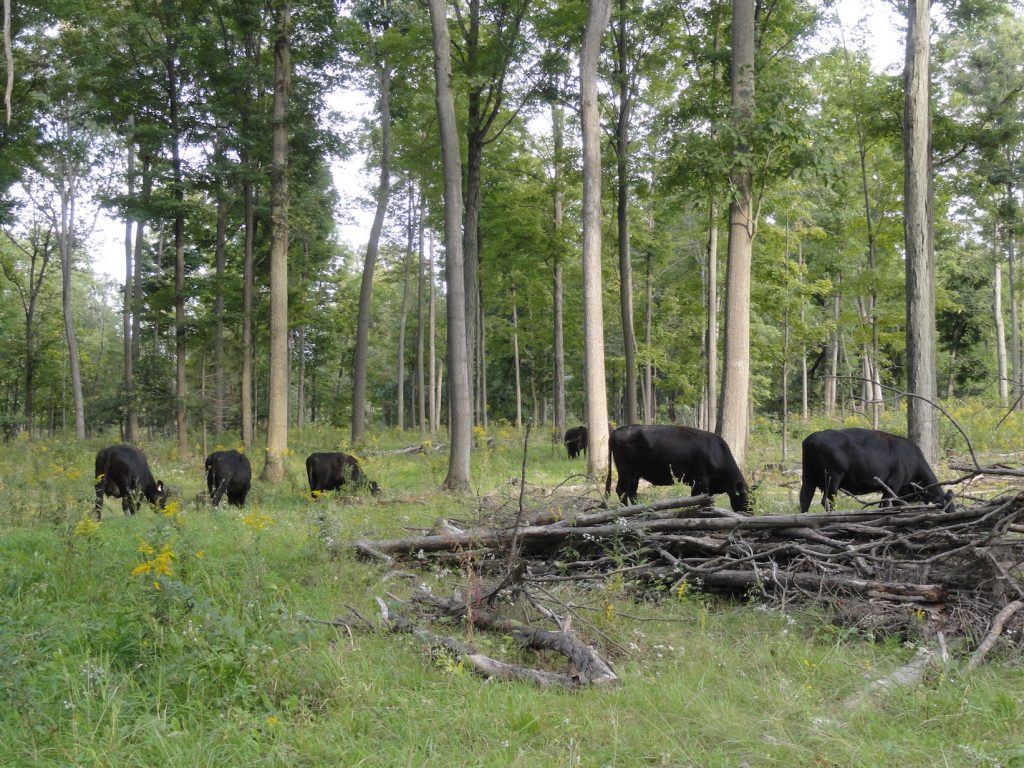“Optimise the balance between food production, resource use and environmental impact.”
.
There’s been a bit of hysteria lately about the future of farming:
People will turn to CANNIBALISM because of food shortages, says Jeremy Clarkson
But it’s clear we need to act:
And the NFU is acting for a ‘sustainable future for farming’ – with a conference next month:
On the road to sustainable future at NFU event | Wales Farmer
Whatever is done, however, it needs to be based on science and research, says the Science for Sustainable Agriculture group:

Sustainable food and farming policies must be rooted in science, says new policy group
Ahead of the expected publication of the UK’s first National Food Strategy for 70 years, a high-level group of political, scientific and industry leaders is urging the Government to do much more to put scientific rigour and evidence at the heart of Britain’s food and farming policies, warning that a failure to do so could risk sleepwalking the nation into its own food crisis.
The report calls on Ministers to:
- Restore the strategic policy focus on sustainable intensification in UK agriculture – using scientific knowledge and innovation to help optimise the balance between food production, resource use and environmental impact, and re-focusing on the outputs of the four year, Defra-funded Sustainable Intensification Research Programme (SIP);
And there is other research happening around the country, for example:
Knepp estate: why the king and queen of rewilding are farming again after 20 years
Charlie Burrell and Isabella Tree were pioneers of rewilding in the UK. Now they are setting their sights on regenerative agriculture, which will supply food to a new farm shop and cafe
“The biggest change that is going to happen in our landscape is regenerative agriculture. I think we’re seeing this huge movement wherever we go,” says Burrell, who believes it will be the norm in the UK within a couple of decades. “It’ll be weird if you aren’t doing it. It makes complete sense.”
A lot has changed in the past 20 years, and, increasingly, UK farmers are being encouraged to think about farming for climate and biodiversity, with the anticipated revolution in subsidies driving much of that change, although environmental groups are concerned that government schemes will fall short of what has been promised.